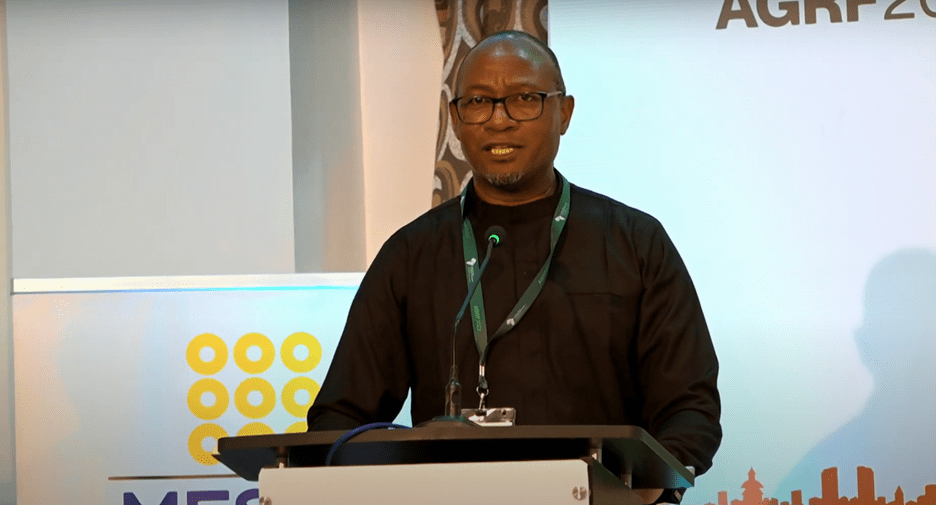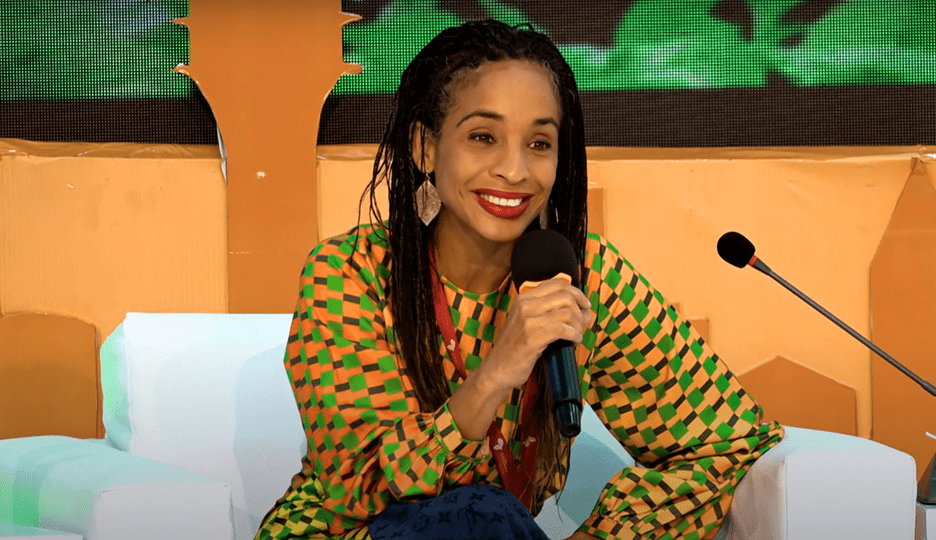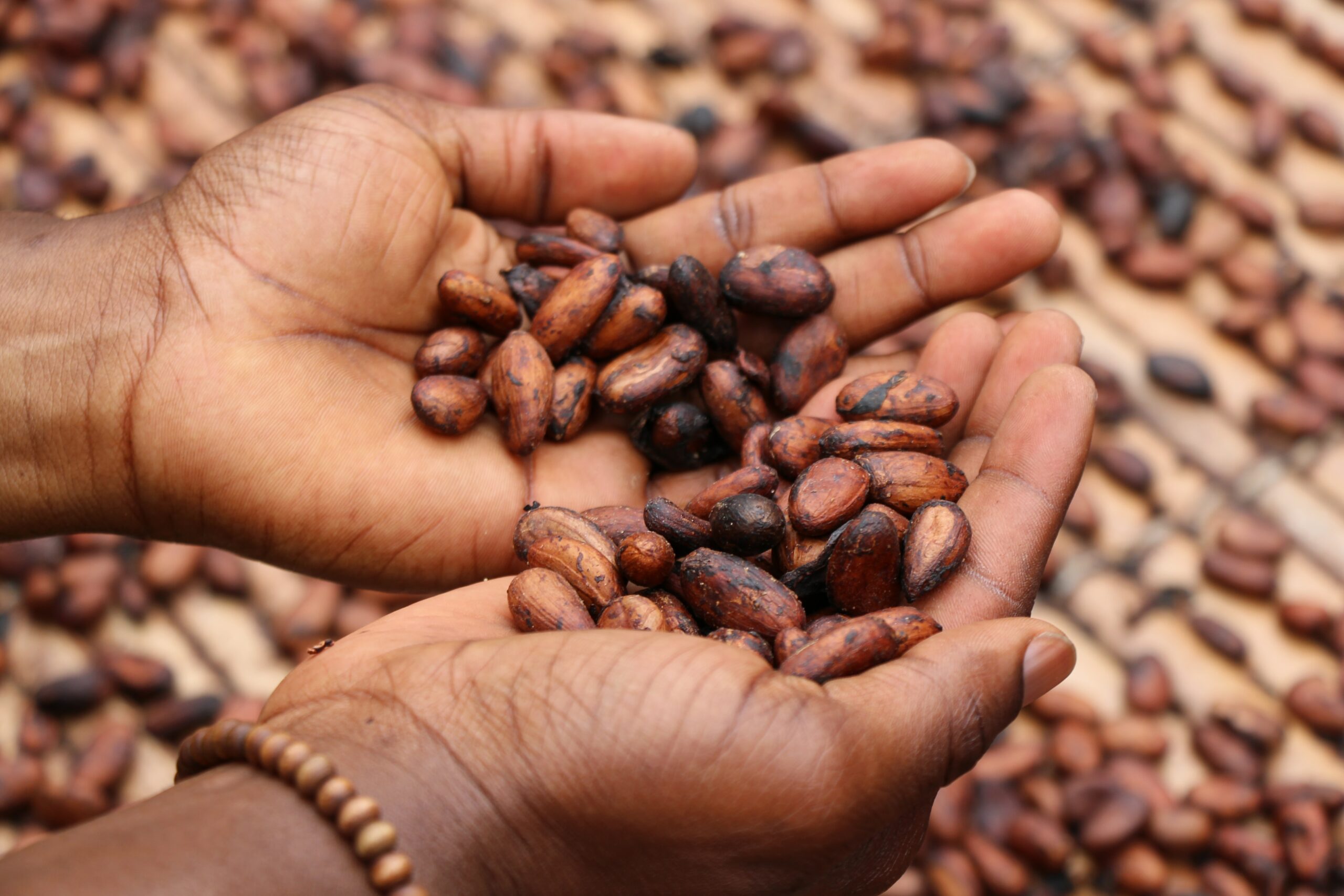Inclusivity: A catalyst for sustainable food systems in Africa
By Jeremiah Rogito and Assan Ng’ombe
By 2050, close to 2.5 billion people will live in Africa, a continent that is warming at a faster rate and enduring more frequent and intense climate shocks than any other region in the world. With the population of sub-Saharan Africa set to double in the next three decades, advancing the sustainable and equitable transformation of the continent’s food systems will be paramount – not only in ending hunger and malnutrition in its forms, but in limiting global heating, restoring nature and ensuring a habitable planet for all.
At the heart of Africa’s journey to sustainable food systems must be a firm commitment to social inclusion, particularly with regard to women, youth and other marginalised groups such as Indigenous communities and people with disabilities. Finance will no doubt be critical, but unless it is backed by a supportive policy environment – which fully recognizes the role and needs of all members of society in transforming production, consumption and land use – it will ultimately fall short in delivering the food and nutrition secure future that both Africa and the world want to see.
This issue was in sharp focus at the Africa Food Systems Forum (AGRF) 2023, which took place in Dar-es-Salaam, Tanzania, from September 5th-8th, and brought more than 4000 agri-sector stakeholders together under the central theme “Recover, Regenerate, Act: Africa’s Solutions to Food Systems Transformation.”
FOLU Kenya and its partners attended the annual summit, and hosted a side event titled “Getting Real: The Inclusion Debate – Advancing Social Inclusion in Food Systems. Is it a Reality or Mirage?” The session was split into two interactive panel discussions, both of which were moderated by Assan Ng’ombe, Resilience Specialist at AGRA, and Charles Opiyo, Influencing and Advocacy Manager at the Global Alliance for Improved Nutrition (GAIN) Kenya.

Assan Ng’ombe moderating the first panel discussion in FOLU Kenya’s “Getting Real: The Inclusion Debate – Advancing Social Inclusion in Food Systems. Is it a Reality or Mirage?” side session at AGRF 2023.
The first discussion centred on empowering women and youth in agricultural development, and underscored the transformative potential of cross-sector collaborations and partnerships in driving holistic growth within African food systems. Together, panellists Ndidi Nwuneli, Dr Apollos Nwafor and Maureen Munjua shared learnings and best practices from successful implementation models on the continent, and highlighted the need for socially inclusive food system plans that accelerate equity in land ownership. Education also emerged as a central theme, with the integration of agriculture in school curricula cited as a key catalyst for ensuring the next generation’s involvement in sustainable agriculture and agribusiness.
Drawing on her personal experience breaking into the agri-food sector as a young woman, Ndidi Nwuneli, FOLU Ambassador and Co-Founder of Sahel Consulting, emphasized the need for a “whole of value chain” approach to advancing inclusion in African food systems.
“If you involve women in manufacturing and processing, they will ensure that women farmers are also supported in accessing land,” she said, adding that “partnering across the board” to scale funding, networks and communities of support for women and youth could help to “pull up” emerging talent in the sector.

Ndidi Nwuneli shares her reflections on advancing youth and gender inclusion in food systems at AGRF 2023.
The session’s second panel engaged in a lively debate on whether social inclusion is “a reality or a mirage,” and highlighted the importance of centring the voices and interests of marginalized groups at the heart of the social inclusion narrative. Speakers Ruth Okowa, Winnie Osulah, Tim Mwangi, Rebecca Amukhoye and Wangari Kuria underscored the need for supportive policy frameworks that empower and account for all systemically excluded populations, and include them throughout decision-making processes.
Ruth Okowa, Country Director at the Global Alliance for Improved Nutrition (GAIN) Kenya said: “Women don’t own land in many African countries, yet they are the backbone of agriculture on this continent. We need to lobby governments to put aside a budget to scaling up tried and tested initiatives for improving youth and gender equity in food systems.”
As we reflect on the discussions held at the AGRF 2023, it is evident that the journey toward inclusive food systems in Africa is already underway, made clear by the insights, learnings and solutions shared throughout the event. Moving forward – and critically at COP28 – it is imperative for all stakeholders, including policymakers, government officials and the private sector, to translate these discussions into tangible actions and policies that prioritize the empowerment of youth and women across the continent’s agricultural landscape. By embracing inclusivity and collective action as core principles, Africa can lay the groundwork for sustainable and equitable food systems, which deliver health and resilience for people, nature and climate.
“Getting Real: The Inclusion Debate – Advancing Social Inclusion in Food Systems. Is it a Reality or Mirage?” can be accessed in full via the recording below.










